For the past few years, one ingredient has exploded in popularity for its skin brightening and antioxidant effects: Glutathione. Phrases like "skin radiance" and "fatigue recovery supplement" follow it around, sparking curiosity in many people who are now searching for information. So, what exactly are the benefits of glutathione, what parts of our bodies does it help, and what foods can we get it from? Today, we'll dive deep into glutathione's incredible benefits and detail foods rich in glutathione, covering everything you need to know.
What is Glutathione? (Understanding Glutathione)
Glutathione is a powerful antioxidant that naturally exists within our body's cells. It's a tripeptide made of three amino acids: glutamic acid, cysteine, and glycine. Often called the 'Queen of Antioxidants' or 'Master Antioxidant,' its role is incredibly vital. It's produced in large quantities in the liver and plays a key role in our body's detoxification processes and cell protection. As we age, the level of glutathione in our bodies gradually decreases.
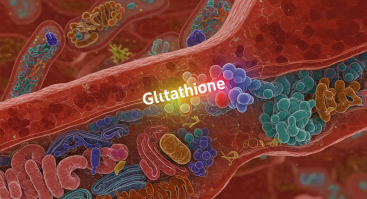
The Amazing Benefits of Glutathione (Detailed Analysis of Glutathione Benefits)
Let's take a closer look at the positive impacts glutathione has on our bodies.
1. Powerful Antioxidant Action (Glutathione Antioxidant Effect)
- Free radicals in our bodies are major culprits that promote cell damage and aging. Glutathione plays a crucial role in neutralizing these free radicals, protecting cells, preventing DNA damage, and slowing down overall body aging. "Glutathione antioxidant action", "Free radical scavenger supplement"
- When other antioxidants (like Vitamin C, E) have done their job and become oxidized and inactive, glutathione has the unique ability to 'recycle' them back into their active forms, earning it the title of 'Master Antioxidant.' "Antioxidant recycling glutathione"
2. Skin Brightening and Blemish Improvement (Glutathione Skin Whitening Effect)
- This is likely the biggest reason many people are interested in glutathione. Glutathione works by inhibiting the production of melanin, which determines skin pigmentation, and by promoting the synthesis of lighter melanin (pheomelanin) instead of darker melanin (eumelanin), making the skin brighter and clearer. "Glutathione for skin lightening", "Glutathione for dark spots and blemishes"
- Additionally, its antioxidant action helps protect skin cells, reducing damage and hyperpigmentation caused by UV radiation. This is why it's often used in dermatological procedures, sometimes referred to as "Baek-ok Injection" (milk-white injection) or "IU Injection" in Korea. "Baek-ok injection ingredients", "Skin glow supplement"
3. Liver Detoxification and Liver Health Improvement (Glutathione Liver Detox)
- The liver is our body's detoxification factory. Glutathione is an essential component of key detoxifying enzymes produced in the liver, playing a critical role in converting harmful substances like alcohol, drugs, and environmental toxins into harmless forms for excretion from the body. "Glutathione liver function", "Hangover relief supplement"
- Especially in cases of fatty liver or liver damage, glutathione levels tend to be low, so glutathione supplementation can help maintain liver health. "Glutathione fatty liver", "Liver protection supplement"
4. Immune System Boost (Glutathione Immunity)
- Glutathione is essential for the normal function and proliferation of immune cells (such as T-cells and NK cells). It strengthens the immune system, enhancing resistance against external invaders like viruses and bacteria, and helps regulate inflammatory responses. "Glutathione immune system boost", "Glutathione cold prevention"
5. Fatigue Relief and Energy Production (Glutathione Fatigue Relief)
- Glutathione is vital for protecting and optimizing the function of mitochondria, which produce energy in our bodies. By preventing mitochondria from being damaged by free radicals, it enhances the efficiency of cellular energy production, aiding in chronic fatigue improvement. "Glutathione chronic fatigue", "Supplement for sluggishness"
6. Neuroprotection and Brain Health (Glutathione Brain Health)
- The brain is particularly vulnerable to free radicals. Research is ongoing into glutathione's potential role in protecting brain cells from free radicals and slowing the progression of neurodegenerative diseases (like Parkinson's disease and Alzheimer's disease). "Glutathione Parkinson's disease", "Glutathione dementia prevention"
Where is Glutathione Found? (Foods Rich in Glutathione)
While glutathione is naturally produced in our bodies, we can also supplement it through food intake. Consuming foods rich in its precursor amino acids – cysteine, glutamic acid, and glycine – is particularly helpful.
1. Cruciferous Vegetables (Broccoli, Cauliflower, etc.) (Glutathione Vegetables)
- Broccoli, cauliflower, cabbage, kale, and other cruciferous vegetables are rich in precursor amino acids and antioxidant enzymes necessary for glutathione synthesis. They also contain powerful antioxidants like sulforaphane, creating a synergistic effect. "Broccoli glutathione", "Cabbage glutathione"
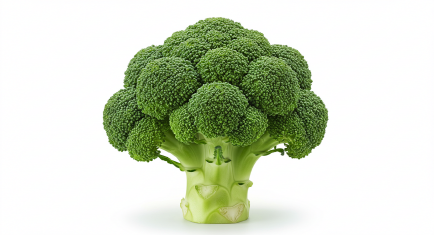
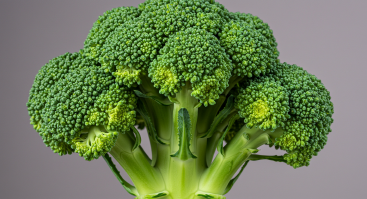
2. Avocado (Avocado Glutathione)
- Often called the "butter of the forest," avocado is one of the few fruits that directly contains glutathione. You can get glutathione along with healthy fats. "Avocado benefits glutathione"

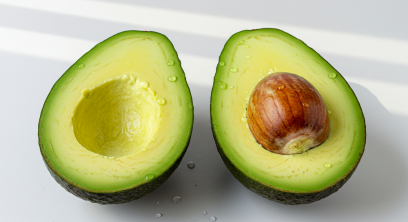
3. Green Leafy Vegetables (Spinach, Asparagus, etc.) (Green Leafy Vegetable Glutathione)
- Spinach, asparagus, okra, and other green leafy vegetables are rich in glutathione, as well as vitamins and minerals, contributing to overall health. "Spinach glutathione", "Asparagus benefits"


4. Allium Vegetables (Garlic, Onions, etc.) (Garlic Glutathione)
- Garlic, onions, chives, and similar vegetables are high in sulfur, which promotes the synthesis of cysteine, a key component that aids in glutathione production. "Garlic sulfur content", "Onion glutathione production"
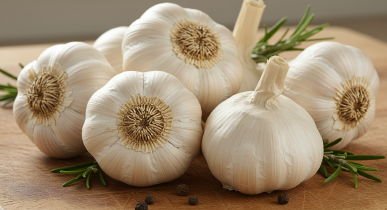

5. Whey Protein (Whey Protein Glutathione)
- Whey protein is rich in cysteine, a major precursor to glutathione, making it highly effective at raising glutathione levels in the body. Undenatured whey protein is especially recommended. "Whey protein cysteine", "Glutathione supplement whey"
6. Nuts and Seeds (Nuts Glutathione)
- Almonds, Brazil nuts, sunflower seeds, and others provide amino acids and minerals (like selenium, zinc) necessary for glutathione production. Brazil nuts, in particular, are an excellent source of selenium, essential for glutathione enzyme activity. "Brazil nut selenium", "Nuts antioxidants"

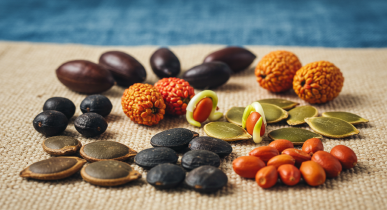
7. Fruits (Avocado, Watermelon, Strawberries, etc.) (Fruit Glutathione)
- As mentioned, in addition to avocado, some fruits like watermelon, strawberries, grapefruit, and oranges contain small amounts of glutathione or are rich in vitamins (like Vitamin C) that activate glutathione enzymes.
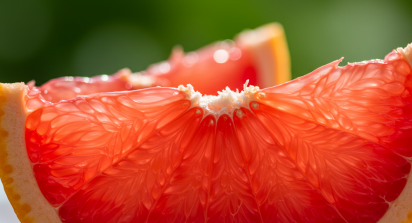

My Experience with the Change Brought by Glutathione (Lively Personal Account)
For several years, I struggled with chronic fatigue and a dull skin tone. Especially by the afternoon, my eyelids felt heavy, and my blemishes seemed to get progressively darker. I was so tired that all I wanted to do was sleep when I wasn't at work. Hearing about glutathione's benefits from YouTube and the internet, I was skeptical but decided to consistently take a supplement. Initially, I didn't feel much change, but after about two or three months, waking up in the morning became much easier, and surprisingly, my skin tone felt clearer overall. The most significant change was the reduction in my fatigue; it eased my irritability and boosted my vitality, truly transforming my quality of life. I can confidently say that it became the starting point of my 'inner beauty' journey. While I can't claim this change was 100% due to glutathione, I do feel it had a significant impact.
Considerations When Taking Glutathione
- Absorption Rate: Glutathione can be destroyed by stomach acid, so its absorption rate when taken orally is relatively low. Liposomal glutathione or sublingual tablets (dissolved under the tongue for absorption) are known to improve absorption.
- Food vs. Supplements: It's best to get glutathione from food whenever possible, but if it's difficult to consume sufficient amounts, supplements can be helpful.
- Recommended Dosage: There isn't a universally set recommended daily allowance, but it's best to follow the consumption guidelines for each specific product. Excessive intake might lead to side effects like abdominal pain or diarrhea.
- Consult a Professional: If you have specific health conditions or are taking medication, it's safest to consult a healthcare professional before taking glutathione.
Glutathione plays an incredibly vital role in maintaining our body's health and vitality as a master antioxidant. If you're looking for various benefits, from skin brightening and liver detoxification to immune system enhancement, considering glutathione might be a good option for you, though individual results may vary depending on constitution and circumstances.